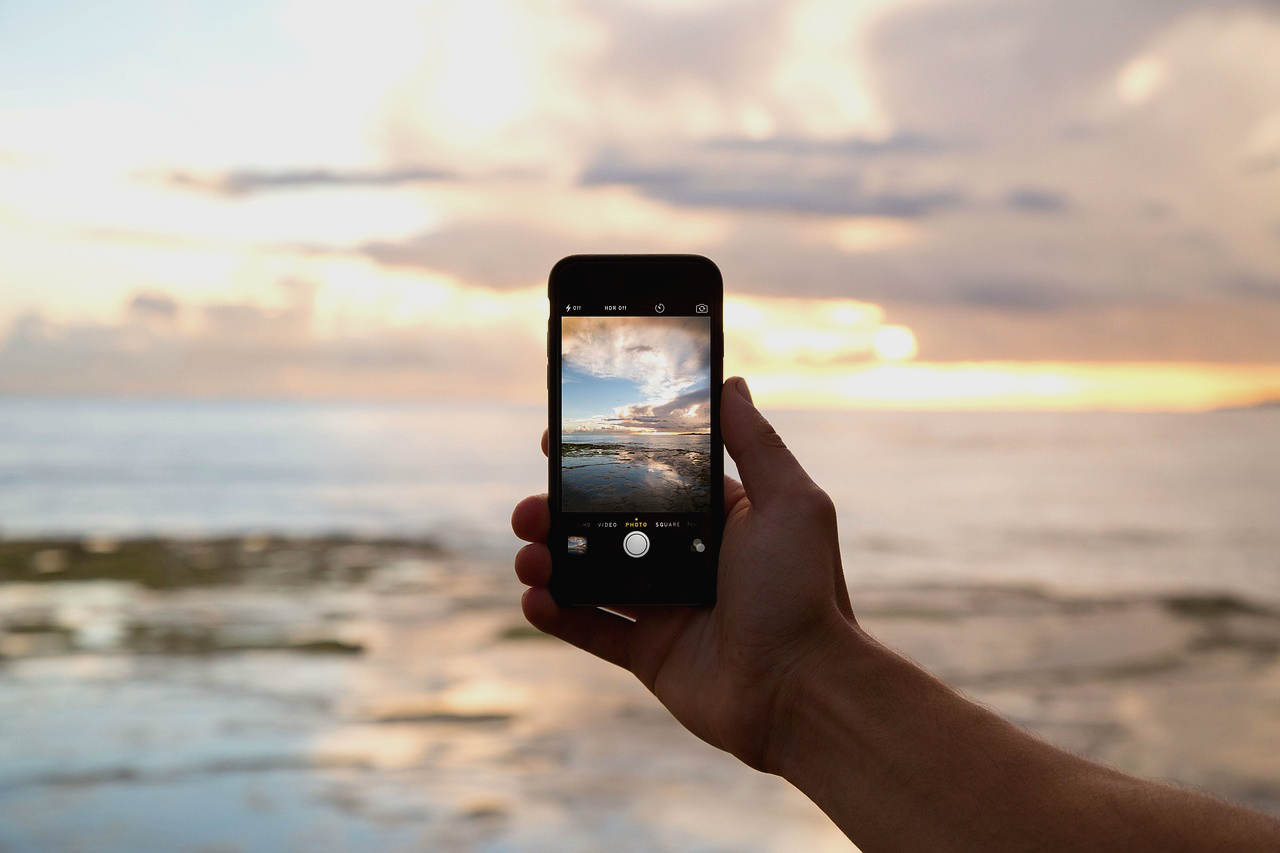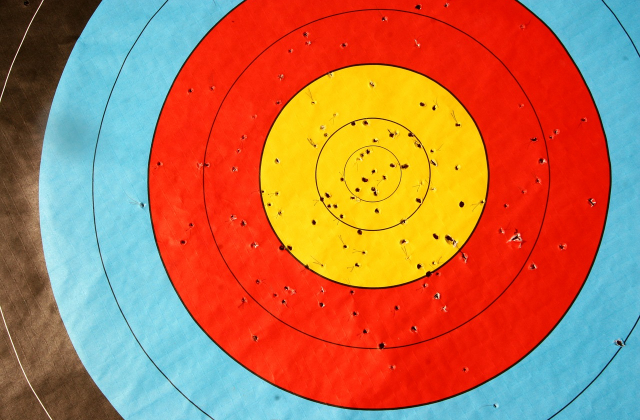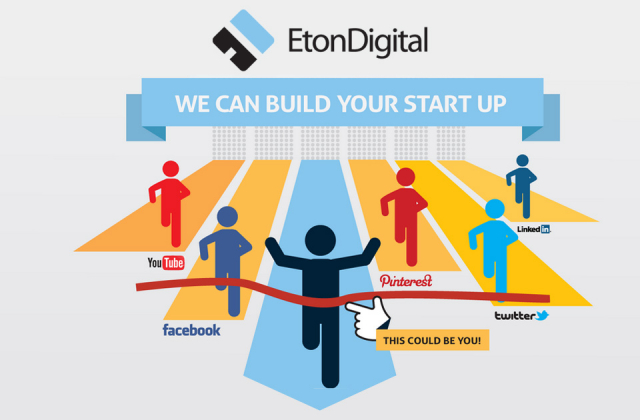Have you seen The Innovation of Loneliness by Shimi Cohen?
If not, you should, and if you have, do not just share it, but read (watch) between the lines. We need to be reminded of the impact Internet has on our lives, and that is what Cohen did.
However, if we are lonely, is it really due to the social networks?
If lonely, shouldn’t we be searching for the reasons of our loneliness?
It has been four months since Cohen posted the video. So far, all I saw was mostly agreeable comments and support in general, and many shares on social networks (how ironic, right?).
Although I agree with what has been said in the video, I do feel that the approach to the subject is unilateral.
Let me start from the beginning.
The video was inspired by Sherry Turkle’s book Alone Together, and based on the article The Invention of Being Lonely by Dr. Yair Amichai-Hamburger.
In the video, Shimi Cohen used an interesting approach to show us how and why technology and social networks, in particular, are making us lonelier. The main idea is the understanding of loneliness as the most common ailment of the modern world.
Introducing our natural need for social interaction, the video demonstrates a cause and effect relationship between our offline and online social life and the values imposed by the modern world we live in, which are shaping and directing our identities and personalities.
Given that the modern world sanctions individuality, as stated in the video, we are building our identities on carriers, wealth, self-image and consumerism, while losing our social connections in the real world. Living by these new values, we are unable to enjoy socially, thus we are lonely. That’s why we turn to social networks that we believe can fulfill this social need, as well as our imposed need to develop the ideal self-image.
Being evaluated according to our personal achievements, we seek methods that would present us at our best, the methods we can control and the methods we can use for personal promotion.
Social networks are the most suitable solution that can help us achieve our desirable image.
The technology is appealing and addictive, and it is starting to change who we are – I share therefore I am.
And while we are blinded by the idea that we are less alone if we are always connected somehow, we are most afraid of being alone, thus even lonelier. Unfortunately, the correlation between social networks and loneliness appears true to some.
However, there are two sides of the same coin.
While some are using social networks to build their desired image and to feel less lonely and alone, others are using social networks to connect with the people in the real life, to learn, and to be creative.

The question of loneliness, in any type of social atmosphere, is an “old” question.
Sociology addressed the question of loneliness in many theories in many ways (Durkheim, Marx, and Weber, to name a few we are all familiar with even if we did not study social sciences). Anthropology, philosophy, and literature also addressed the same question (Simmel, Heidegger, Kierkegaard, Sartre, Kafka, Hesse, and Dostoyevsky, to name a few).
The comprehension of the term loneliness has always been different because loneliness was evolving with the society. Psychology, on the other hand, battled with human emotions from its beginnings, and in terms of social networks and the time we spend online, psychology sees lack of self-reflection, confidence, and sincere human interaction, emphasizing that technology is changing our minds and hearts.
You do not have to be either a sociologist nor psychologist to understand that loneliness is, in fact, a result of unfulfilled need and dissatisfaction with the present in numerous ways (emotionally, in marriage, in business, within a family, and so on).
Loneliness can remain a common unpleasant experience, mostly because we seek both the cause and the solution in the wrong place.
We have built the societies we live in, and if we are alone and lonely in it, it means we have not truly understood our nature, our needs, and our purpose.
Have you read the story The Inventor from Talks with a Devil?
In short, the devil narrates about the inventor who had led a miserable life until he invented the automatic pistol. While the inventor was enjoying in the opulence, the world became rather scary and dangerous place. The comparison might seem extreme at this point, however, the message is clear – in the history of human civilization, many positive ideas, which were meant to benefit us, were distorted only because we have free will and we can choose how and what to do with those ideas.
#1 How we live our lives is up to us, what we choose to say, do, and write and vice versa is all up to us.
#2 How you use the Internet is up to you.
Paul Miller, a technology journalist, spent a year offline, and he learned that we need to balance offline and online life. What he concluded is obvious to many of us, on the other hand, how many of us spent a year offline?
I have had my fair share of time spent searching and digging through sociology and philosophy literature. I was very young then, and in time I learned and experienced that sociology and philosophy have their limitations. Internet and social networks are not necessarily making us lonelier, the more important question is how we use them.
The truth is that many seek their answers online.
The Internet has changed our lives, and it is going to change us even more. The change is necessary, but it is still up to us. In my opinion, if you are lonely online, you need to understand why you are lonely in the real world. The change comes from within, and “If you think you are too small to make a difference, try sleeping with a mosquito.” (Dalai Lama XIV)
I am glad Cohen created this video, it is good to be reminded who we are and what we do, and to rethink how we live our lives.
Finally, I would like to recommend a book. Erving Goffman in The Presentation of Self in Everyday Life used an interesting and thought-provoking style to portray the importance of social interaction.
The book was published in 1959, yet, we can relate to it even today, or at least understand social interaction differently.
So, ask yourself, how do you use the Internet?




